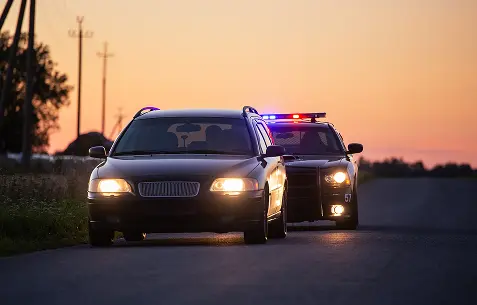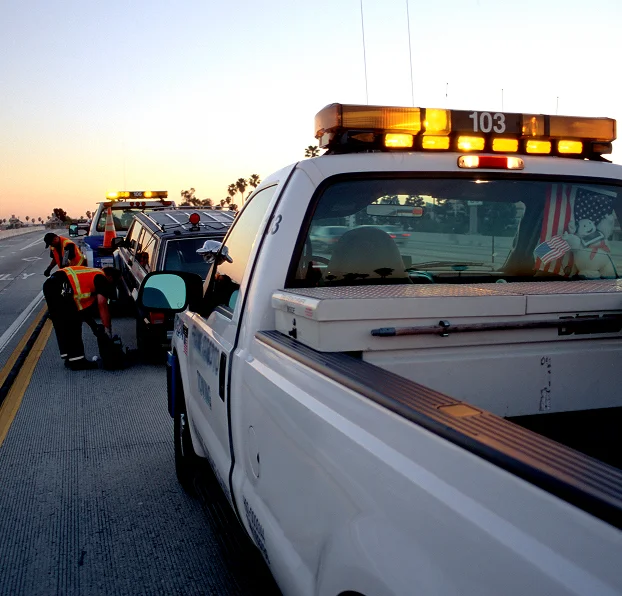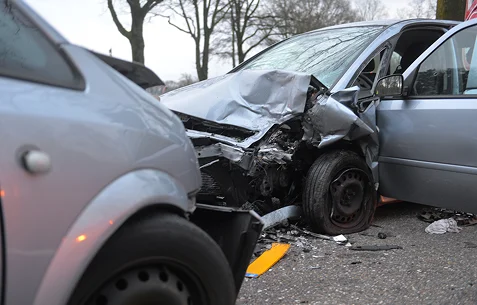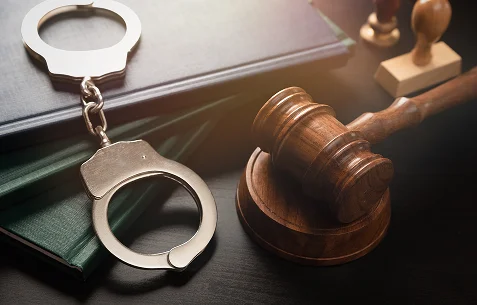A DUI charge in Colorado puts your license, freedom, and record at risk. The penalties include jail time, heavy fines, and a lasting conviction. Whether you are dealing with your first arrest or a repeat offense, understanding how Colorado DUI laws apply to your situation helps you make informed decisions.
Law enforcement treats impaired driving as a public safety threat. Officers are trained to spot signs of intoxication, conduct roadside tests, and request blood or breath samples when they suspect impairment. If results show a BAC above the legal limit—or if drugs affect your ability to drive—you may be taken into custody and face criminal prosecution. Colorado’s legal framework outlines what counts as DUI, how police enforce the law, the consequences of a conviction, and the legal issues that may arise during the process.
Understanding Colorado DUI Laws
Colorado DUI laws apply to both alcohol and drug-related impairment. Under state law, you can be charged with:
- Driving Under the Influence (DUI), or
- Driving While Ability Impaired (DWAI)
Unlike some states, Colorado does not require visible intoxication for a DUI charge to stick. A BAC over the legal limit can serve as sufficient evidence of impairment—even without erratic driving behavior. In drug-related cases, law enforcement often relies on officer observations and chemical tests to determine whether marijuana or another substance played a role.
What Is the Legal Alcohol Limit in Colorado?
The legal alcohol limit in Colorado varies based on the type of charge:
- DUI—0.08% BAC or higher for drivers 21 and older;
- DWAI—0.05% to 0.079% BAC; and
- Underage DUI—0.02% to 0.05% BAC for drivers under 21.
It is important to note that a lower BAC does not protect you from prosecution. If officers believe you were too impaired to drive—even if you tested below the DUI threshold—they can still file DWAI charges, which also carry significant consequences.
Refusing to take a chemical test after a lawful DUI arrest can trigger automatic license suspension under Colorado’s express consent law, regardless of whether you are ultimately convicted.
How Police Handle DUI Arrests in Colorado
If an officer suspects impairment, the traffic stop quickly escalates into a DUI investigation. You may be asked to perform field sobriety tests like the horizontal gaze nystagmus test, walk-and-turn, or one-leg stand. These tests are designed to reveal coordination or judgment issues that suggest intoxication.
If the officer sees enough signs of impairment, you will be arrested and asked to submit to a blood or breath test. Colorado’s express consent law means you have already agreed to chemical testing by driving on public roads. Refusal to take these tests results in an automatic license suspension and may be used as evidence against you in court.
After the arrest, the legal process involves both a criminal case and an administrative license hearing through the Hearings Division of the Colorado Department of Revenue (DOR). These are separate matters, and winning one does not guarantee success in the other. You must take steps to request a hearing within seven days of your arrest or risk losing your license by default.
Colorado DUI Penalties
The penalties for DUI convictions depend on your prior record, BAC level, and whether anyone was injured or property was damaged. Colorado separates its DUI sentencing into first, second, and third or subsequent offenses, with escalating consequences at each level.
First DUI Offense
A first-time DUI conviction in Colorado still brings serious consequences, even without prior offenses on your record. The following penalties can affect your freedom, driving privileges, and finances:
- Up to one year in jail;
- Fines of $600 to $1,000;
- License suspension for up to 9 months;
- Alcohol education and therapy;
- Community service; and
- Possible installation of an ignition interlock device.
Although the court may show some leniency for a first offense, the sentence often includes multiple conditions that extend far beyond a simple fine.
Second DUI Offense
A second DUI conviction carries mandatory jail time and stricter consequences, including:
- Mandatory minimum of 10 days in jail, with a possible maximum of 365 days in jail;
- Up to $1,500 in fines;
- One-year license suspension;
- Two years of ignition interlock; and
- Community service for 48 to 120 hours.
With a second offense, the law offers fewer options for avoiding incarceration or license restrictions, even if the incident did not involve an accident or injury.
Third or Subsequent Offense
A third or subsequent DUI conviction triggers some of the most severe penalties available under Colorado law. These include the following:
- Jail sentence of 60 to 365 days,
- Increased fines and longer license revocation,
- Habitual traffic offender status,
- Enhanced alcohol or drug treatment, and
- Extended ignition interlock requirements.
These cases often involve tighter supervision, stricter probation terms, and long-term consequences that can affect housing, employment, and your ability to drive legally.
Drivers with a BAC of 0.15% or more may be classified as persistent drunk drivers, even on a first offense. This classification brings enhanced penalties, including mandatory ignition interlock installation and extended treatment.
Possible Defenses in DUI Cases
While every DUI case differs, certain defenses may apply depending on the facts. For example, if your lawyer believes that the officer stopped you without a valid legal reason, they can challenge the stop by filing a Motion to Suppress Evidence. If the judge finds that the officer lacked probable cause for the stop, they could deem the resultant evidence to be inadmissible against you, greatly weakening the State’s case.
Field sobriety tests and officer observations are not infallible. Your attorney can examine whether the officer properly instructed you on how to perform these tests.
Chemical testing procedures must also follow strict protocols—errors in administration, equipment calibration, or sample handling can cast doubt on the results. An experienced defense attorney can request police body camera footage, review lab reports, and challenge how evidence was collected. In some cases, improper handling and collection of evidence can persuade the prosecutor to reduce charges to a lesser offense like DWAI—or dismiss the case entirely.
In drug-based DUIs, timing matters. A positive test for THC does not automatically prove impairment at the time of driving, particularly in regular cannabis users. Prosecutors must connect the presence of a substance to the unsafe operation of the vehicle.
We Can Help Protect Your License and Your Future
A Colorado DUI can lead to jail time, steep fines, and a suspended license—but an arrest is not the same thing as a conviction. The Law Offices of Susan Deschler focuses on strategic, personalized DUI defense to protect what matters most to you. Whether it is your first arrest or you are facing multiple charges, we will examine the details, challenge weak evidence, and fight for the best possible outcome. Call today to schedule a consultation and take the first step toward defending your rights. You can also connect with our Colorado DUI attorney by filling out our secure online contact form.












